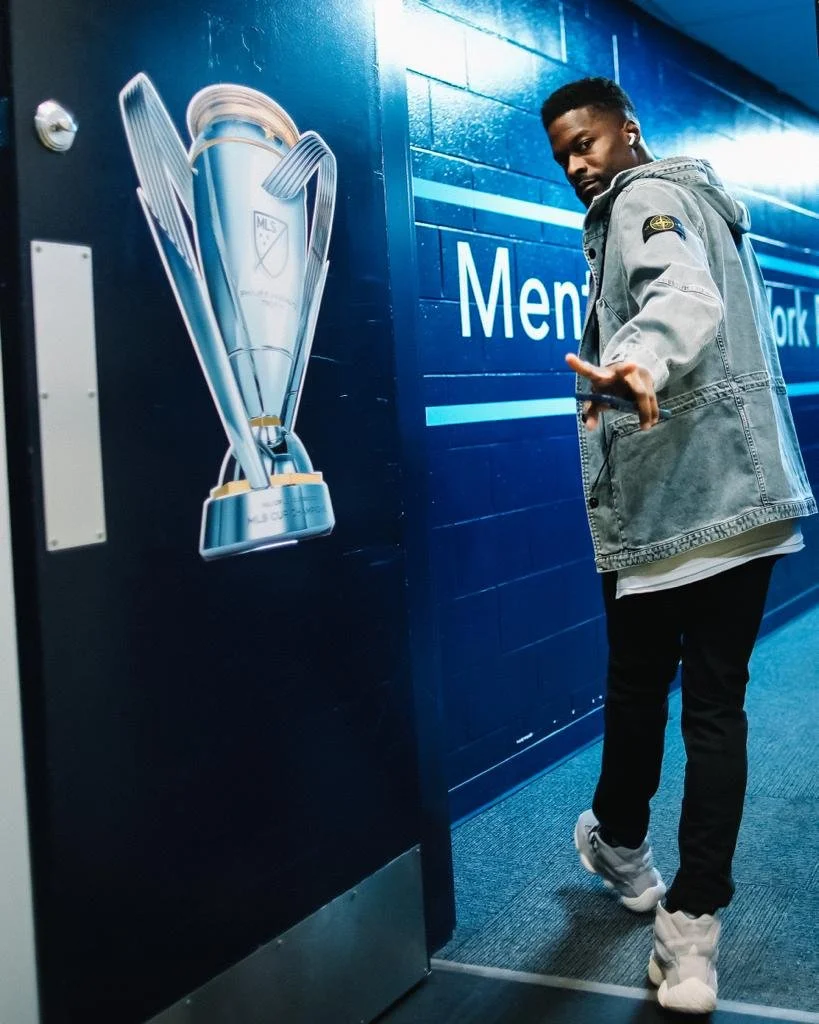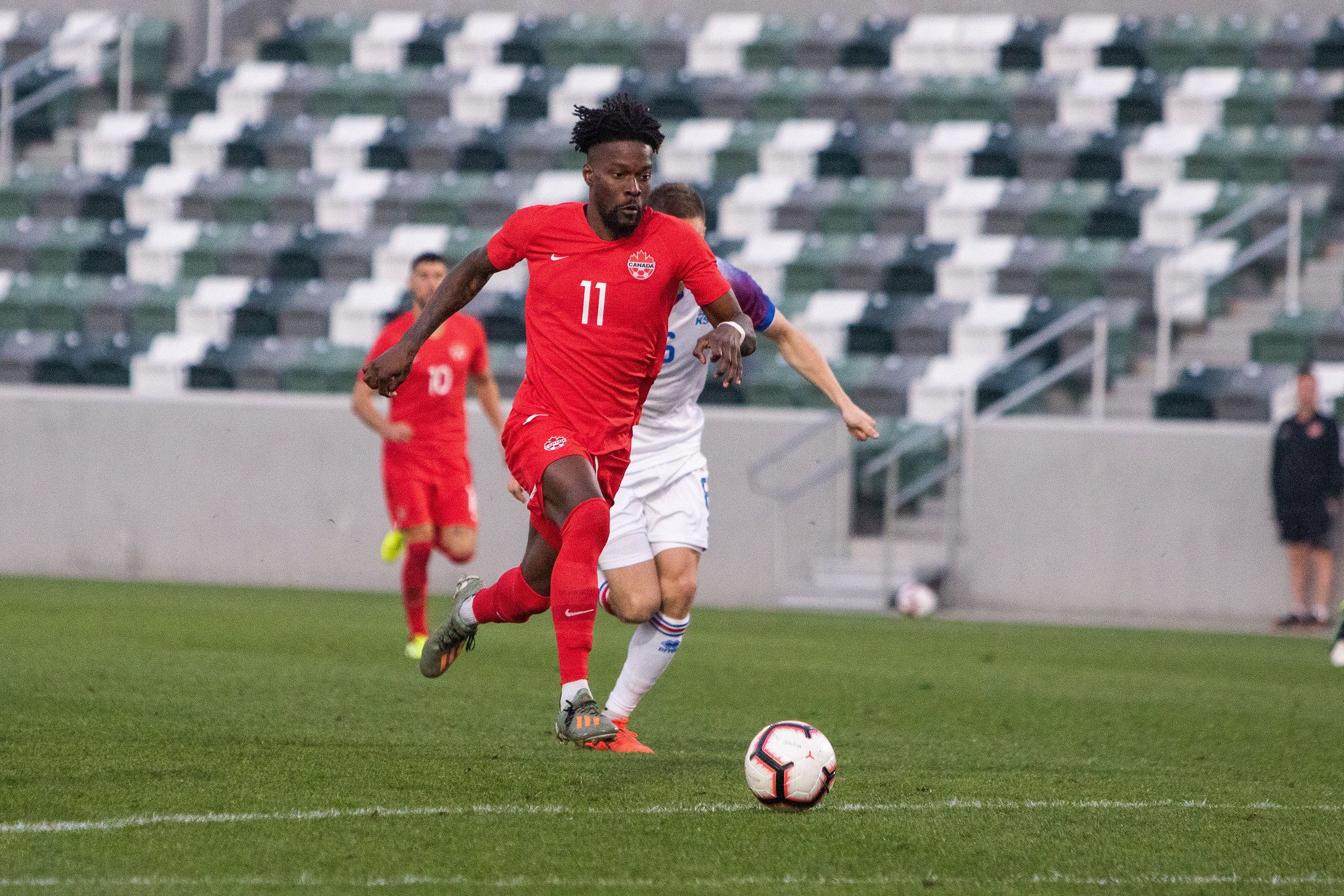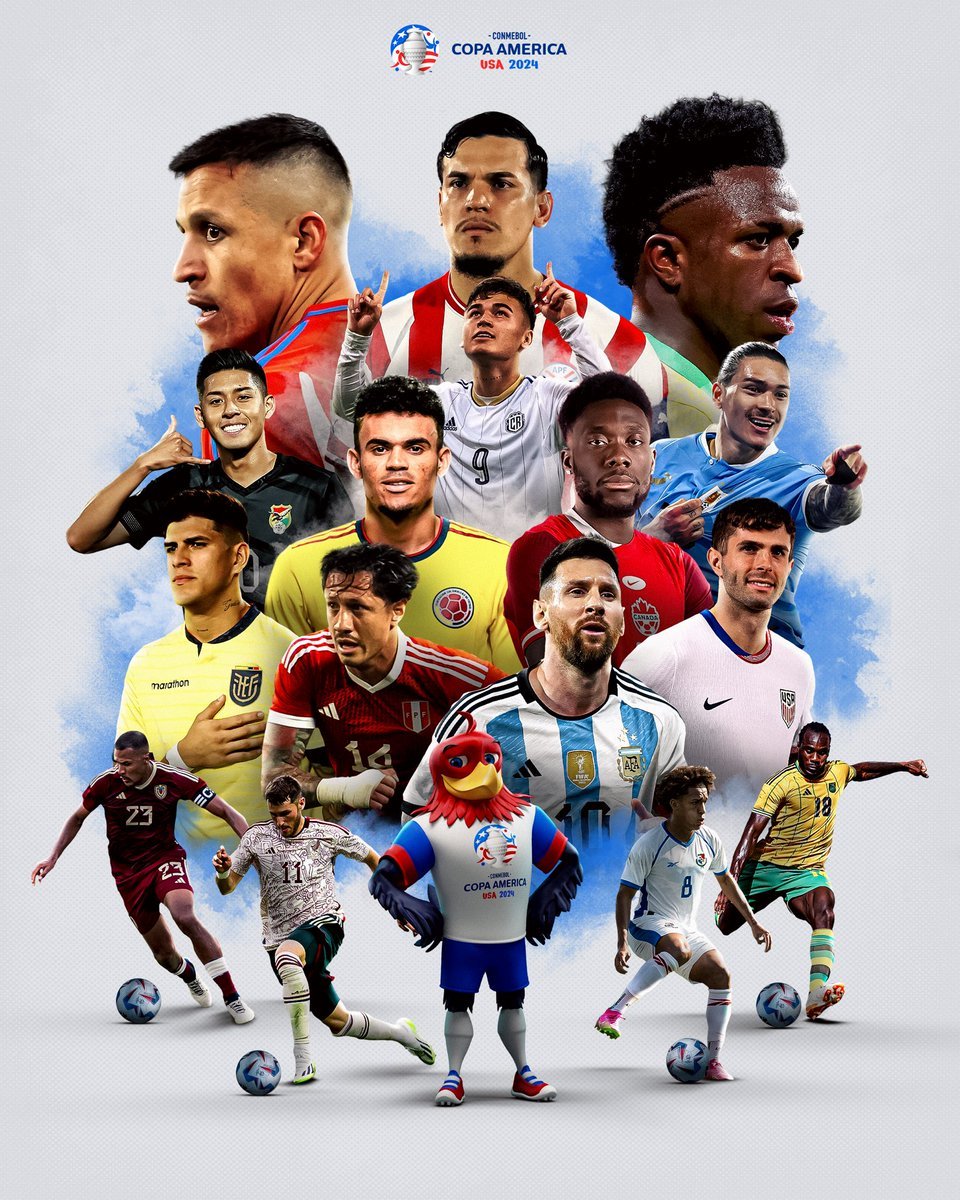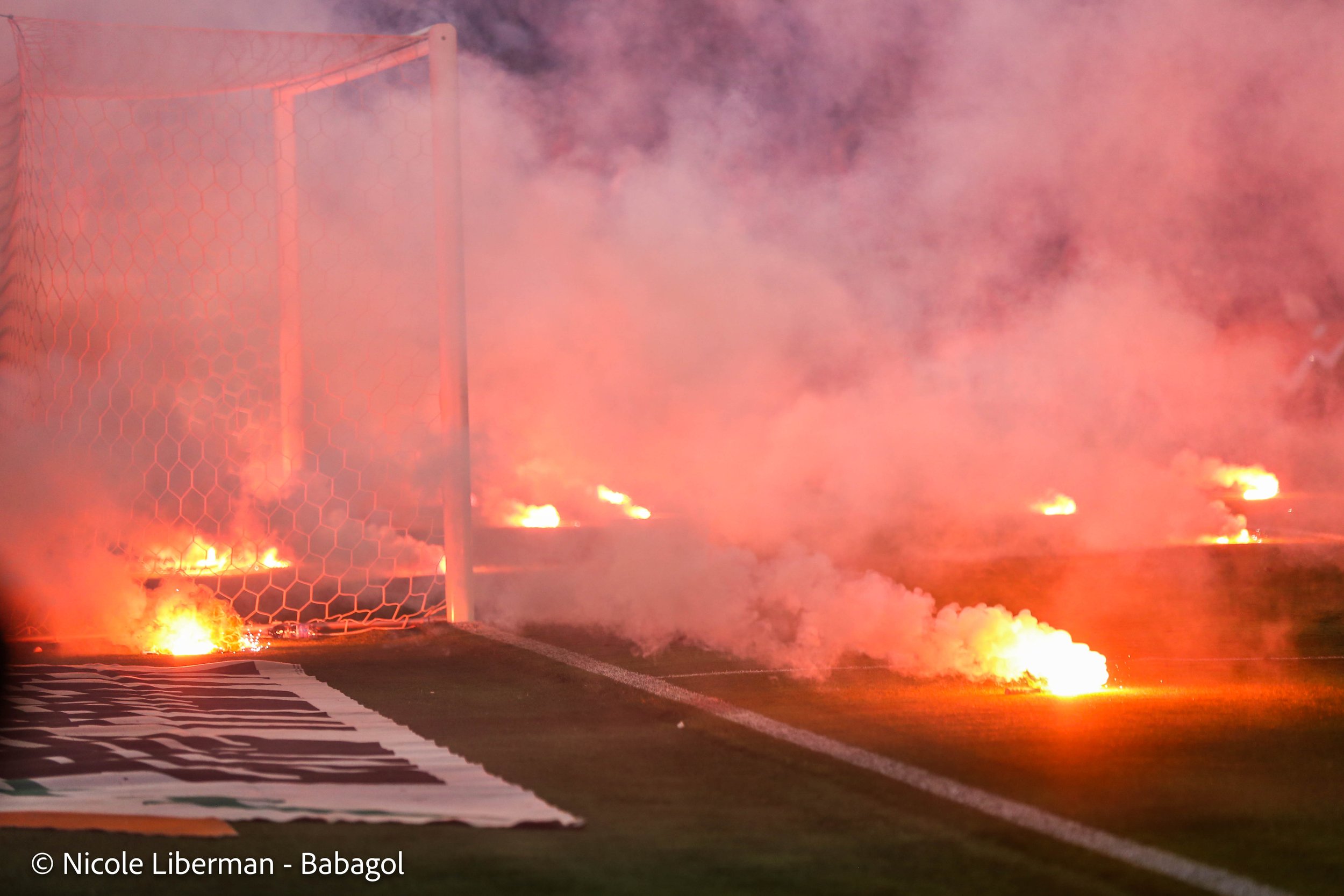The Vancouver Whitecaps have signed a new manager.
No, not a new football manager, but a community impact manager. The cool part? He’s an active player at the club, Tosaint Ricketts.
After a fascinating and diverse career that’s taken him around the world, from Finland to Romania, Turkey to Israel, Lithuania to the MLS, Ricketts has started an exciting role at one of the MLS's leading clubs.
He sat down with BabaGol to share his first impressions of the new role, rekindling his early days as a professional in Canada, and offering an inside look at one of the World Cup's most fascinating teams - the Canucks of Canada.
A footballer, and a community manager impact. (Photo: Whitecaps FC / Bob Frid)
Congratulations on your new Whitecaps contract, and the exciting new role as community impact manager.
"Thanks! I started my internship last year while playing so I had a whole year to gain experience and learn about the role, and basically see how to balance both. I did quite a good job doing that, so this year, obviously a year older, a year closer to the end, but with a year of experience. So it was the right time to solidify that deal in the office of community impact manager."
That's so cool that a player is starting their off-field career while still playing, what exactly does a community impact manager do?
"In simple terms, I have to impact the community in a positive way, through initiatives and projects connected with the fans and the city of Vancouver - bridging the gap between the players, staff, the whole organization, with the people who live here. The club opened their doors to me in a way, allowing me to learn about the different departments, partnerships, boardroom, ticketing, etc., hence, I am now in a good position to learn about the entire club and how we can create a better positive impact."
Finding the ways to connect the club to the city and enhance its positive impact. Ricketts (Photo: Whitecaps FC / Bob Frid)
You’re one of a small group of players who were a part of the Canada team in its previous incarnation, as well as playing under current head coach, John Herdman. You've been with the Canada team from 2011 to 2020. 61 caps, 17 goals. What was it like when you first joined up with your national team?
"There's tremendous excitement - a young player, my first camp. I was 22 years old, I was only playing in Finland and not in the biggest club in the world. When I got my first call up to the national team, there were guys from the Premier League, Bundesliga, and La Liga. So it was a massive step for me, and for me, it was the biggest thing in the world.”
Was there an actual project back then?
"Back then, I wasn't thinking about it to be honest. I wasn't thinking about: ‘Is the program doing the right things? Are we taking the right steps? Are we promoting the players the right way?' I was only thinking about this as an opportunity for me. It has been my dream to play for the national team, and now I'm here."
What’s the difference between when you first joined up with the national team, and now?
"Looking back at it now, with all the experience I've had over the years, there's a new identity to the team that was lacking in the past. Back when I was younger, it felt less a privilege. In a way, the players were almost bigger than the program itself. It was a different attitude coming in than it is now."
Experienced the change in Canada men soccer from first hand. Ricketts, running for the Canucks (Photo: Canada Soccer official Twitter account)
Back in 2012, you were a part of a crucial moment in Canadian football, that infamous 1-8 loss to Honduras. What was the feeling in the camp in San Pedro Sula that day?
"It still hurts. I remember, leading up to the match, we needed a tie to go through to the hexagonal, the six-team final round. The vibes were good. We pulled up to the game two and a half hours before. The [Honduran] President made it a national holiday, so nobody worked that day - everyone was coming to the stadium. Driving up to the game, like 10km out, you see people along the road, in their cars, and they're looking at you, and you see signs saying, 'this is the end for you’, 'you know you will not leave here’, 'you will die here’, and I'm looking at this as a young national team player, like ‘what’s going on?' Very hostile, like definitely the most hostile environment I've ever played in my life. As soon as the bus pulls up, you hear the vuvuzelas in the stadium for a full two hours before the game.
We had a couple of significant injuries leading up to that game, so I got my start, being one of the younger players on the team. You step on the pitch. It's hot. It's loud. One goal. It's like 'okay, we are okay, let's go'. Two goals, three goals. It's like, ‘what the hell's going on?’ It's just one of those days, one of those games, one of those stains on your career that you look back and you're like, 'how did it happen?'"
Was that the trigger for the change that we're seeing today in the Canada men's team?
“After that game there was a low point where people were talking bad about the organization and the players got abused a little bit and trampled on, but then, I'm sure that from that point on, Canada's soccer, as an organization, knew that something had to change.
It was a slow change. Over the course of 10 years, players were coming in, players coming out, but I think those players who watched that game decided from that point on that, when [they] get to that program, things are going to be different. Because, think about 10 years ago, if Alphonse [Davies] was watching that game, he's 11. Jonathan David is maybe 10, so maybe that period of despair, disappointment across the entire nation, inspired that next generation to do something different."
Do you think this massive improvement in recent years is related to the fact that there are three Canadian clubs in the MLS? They indeed helped grow the footballing ecosystems within Canada.
"I think that the biggest reason for this success is having more quality environments where young players can train. Back when I was growing up, I had nothing. I had my club team, but at the age of 16, I had to do something extreme. I played high school soccer, and even in the national team development program, not all the players were at the level or even close to professional. So there were not many opportunities for players to get quality training in a professional environment. When I was 16, I had the chance to go to Chile for a year, and I took it. I left high school, I went there, I trained with Santiago Morning for a year in a professional environment, and I was ten levels higher when I came back and trained with my regular colleagues. I immediately got a national team call up. Back then, it was what Canadian football was missing.
It started with Toronto FC, Montreal Impact, and Vancouver Whitecaps opening up academies, which can cultivate these players and show them what it's like to be a professional and bridge the gap between what you see at European clubs. In Turkey, kids are training as youths in the professional program. Even when I was in Romania, young kids were teaching at a high level in a professional environment. Now that you have that in Canada, these kids are getting opportunities to train and become professionals, or develop the professional mindset earlier on, and that's what you need to become a strong, powerful football country and national team."
So basically, you say the focal point was that Toronto, Montreal and Vancouver had built organizations with a structure similar to European football, with academies? It's interesting if we compare it to football's development in the US, where they kept relying on the college soccer system.
"Canada is so multicultural. You have families from all over the world, you have kids from all different backgrounds, and we're a very athletic country. So if you mix that diverse athleticism with the country's multiculturalism, and then you add some football infrastructure to it, and some football minds teaching the next generation, you really have some special athletes with special abilities, with a unique soccer intelligence in them.”
And finally, one last word on the Canada team that will make history in Qatar, and play in the country's first World Cup since 1986?
"This group is determined. They're fighters, they have the talent, they have the speed, the best athleticism, and they have guidance through their coaches and leaders. I feel once they get to the World Cup, and like we see in football, anything is possible."
*Interview was held during the international break a few days before Canada completed their qualification to the 2022 World Cup in Qatar.
Footballers can start their life after football, while playing. Ricketts, at Whitecaps FC (Photo: Whitecaps FC / Bob Frid)
Edited by Alex Smith
Cover photo via Whitecaps FC / Bob Frid.




















Many tipped Canada’s current generation to try its fortune in the 2026 World Cup. With the way things evolved this year for Les Rouges, Canadain football big bang might come earlier, or even just in time for the World Cup in Qatar.